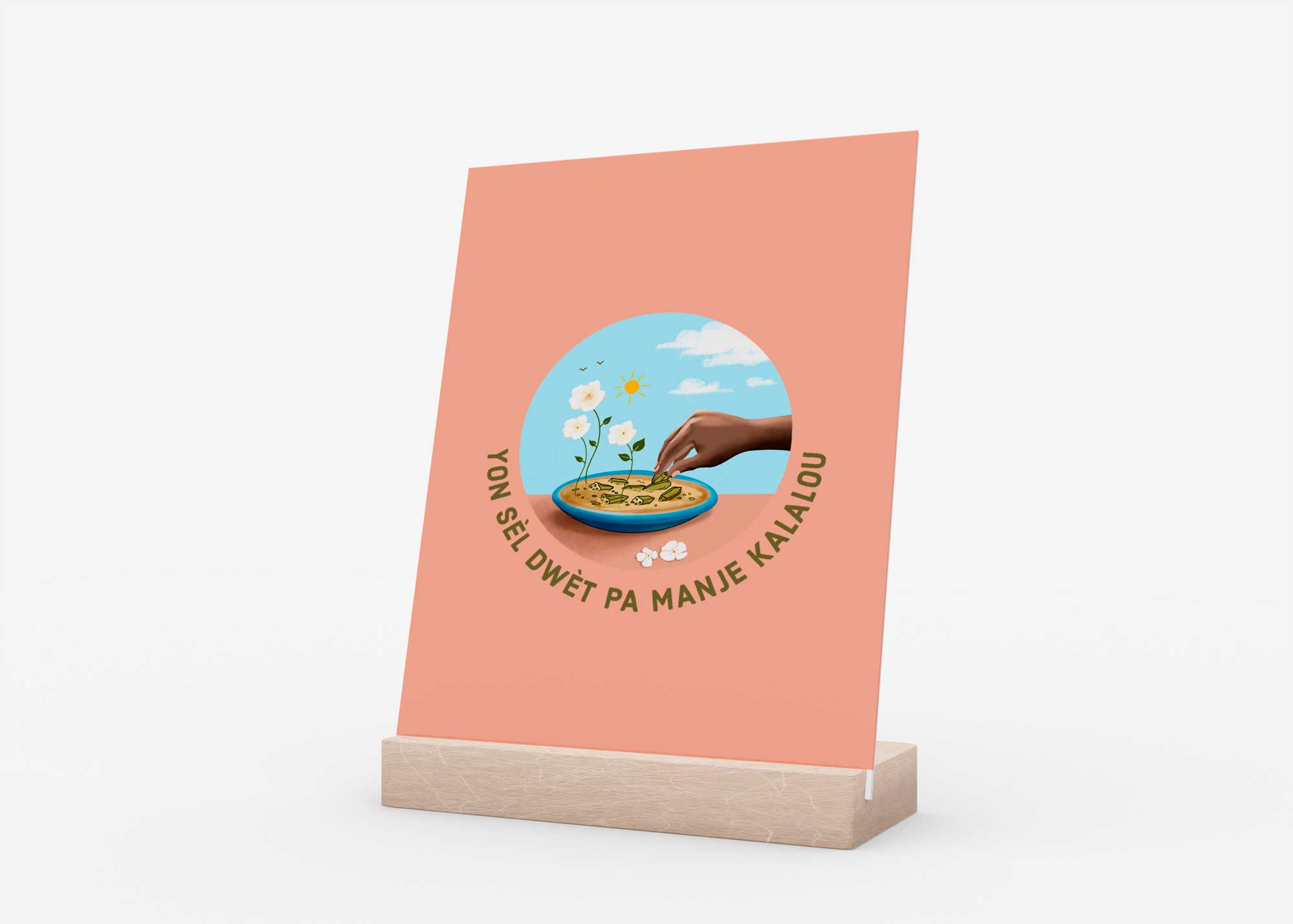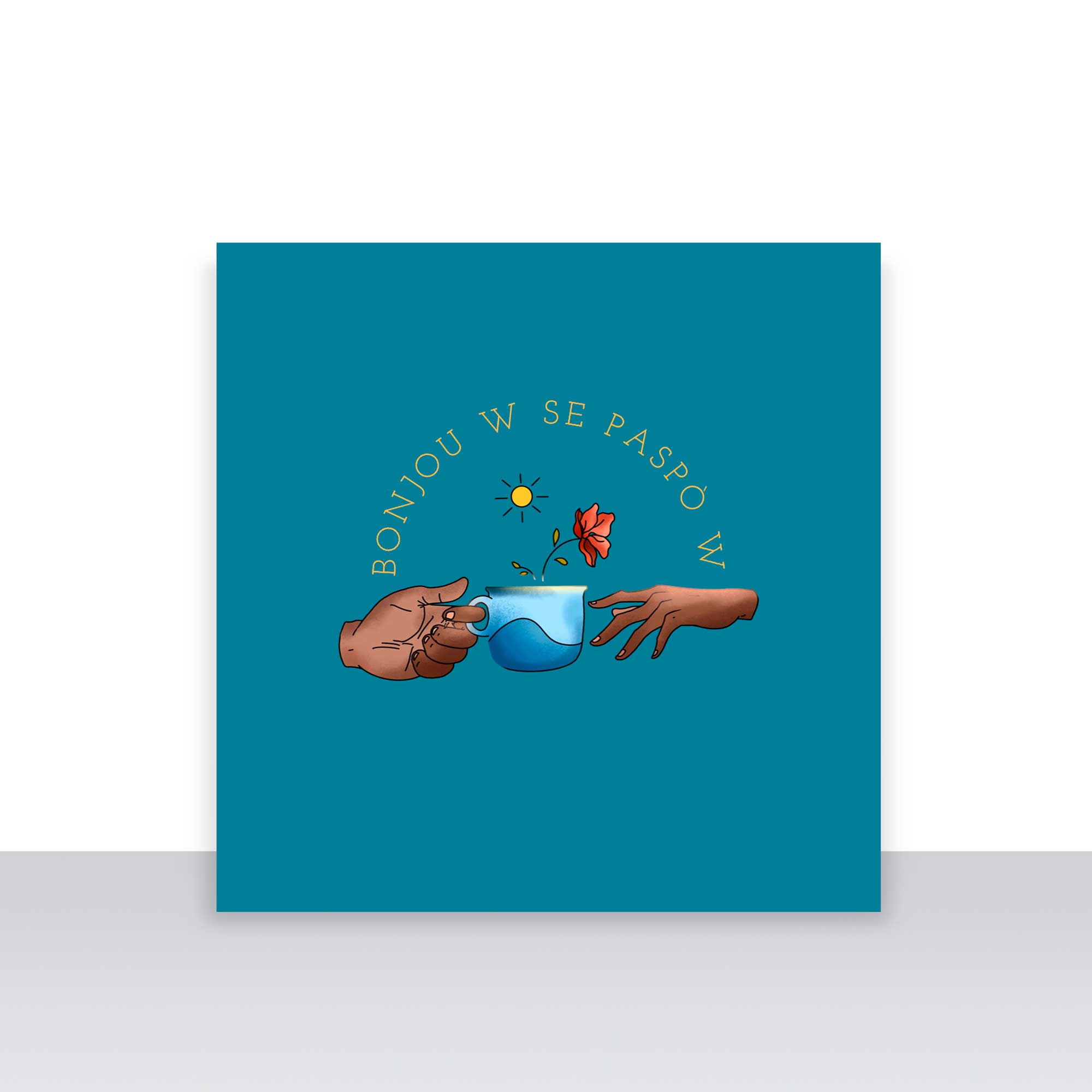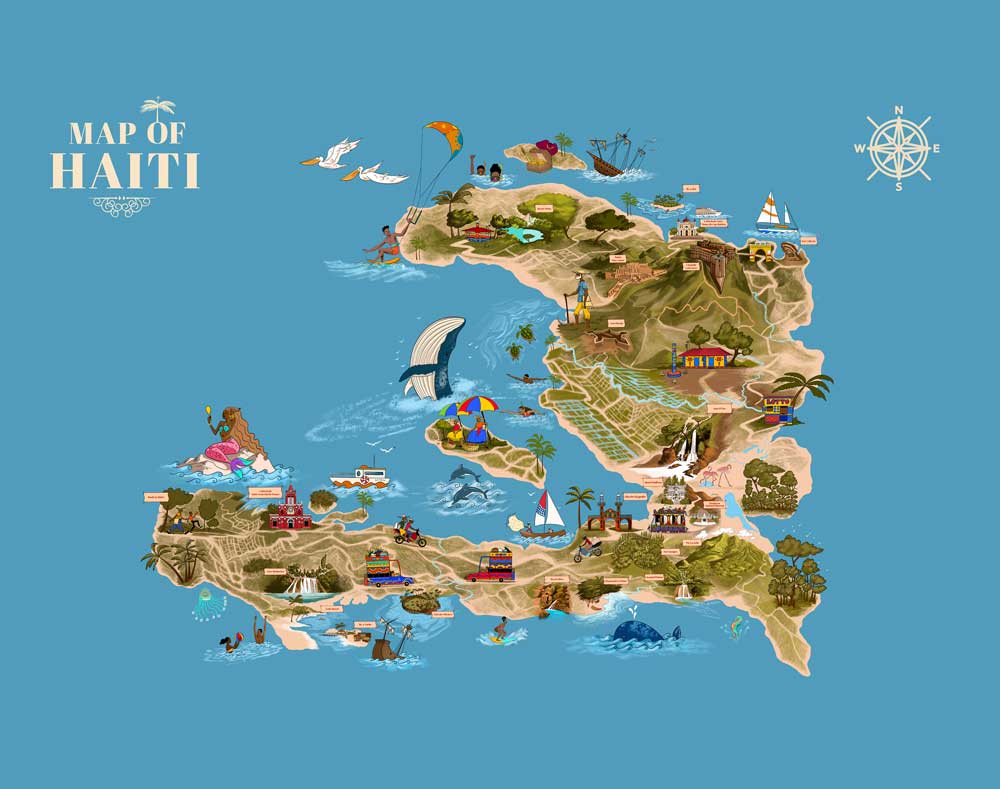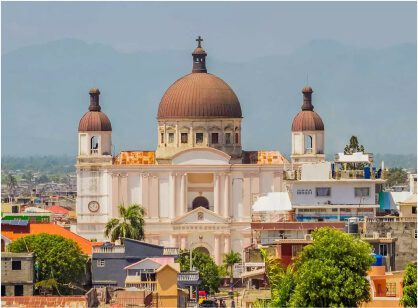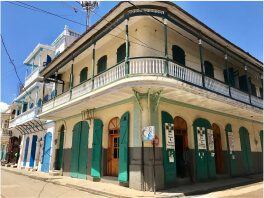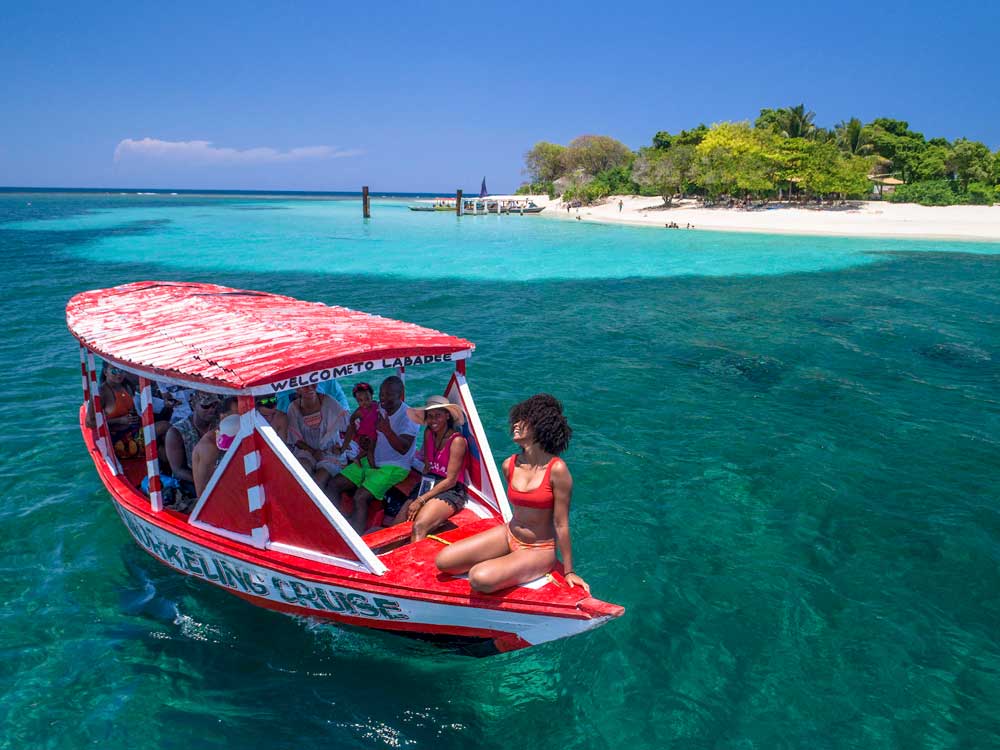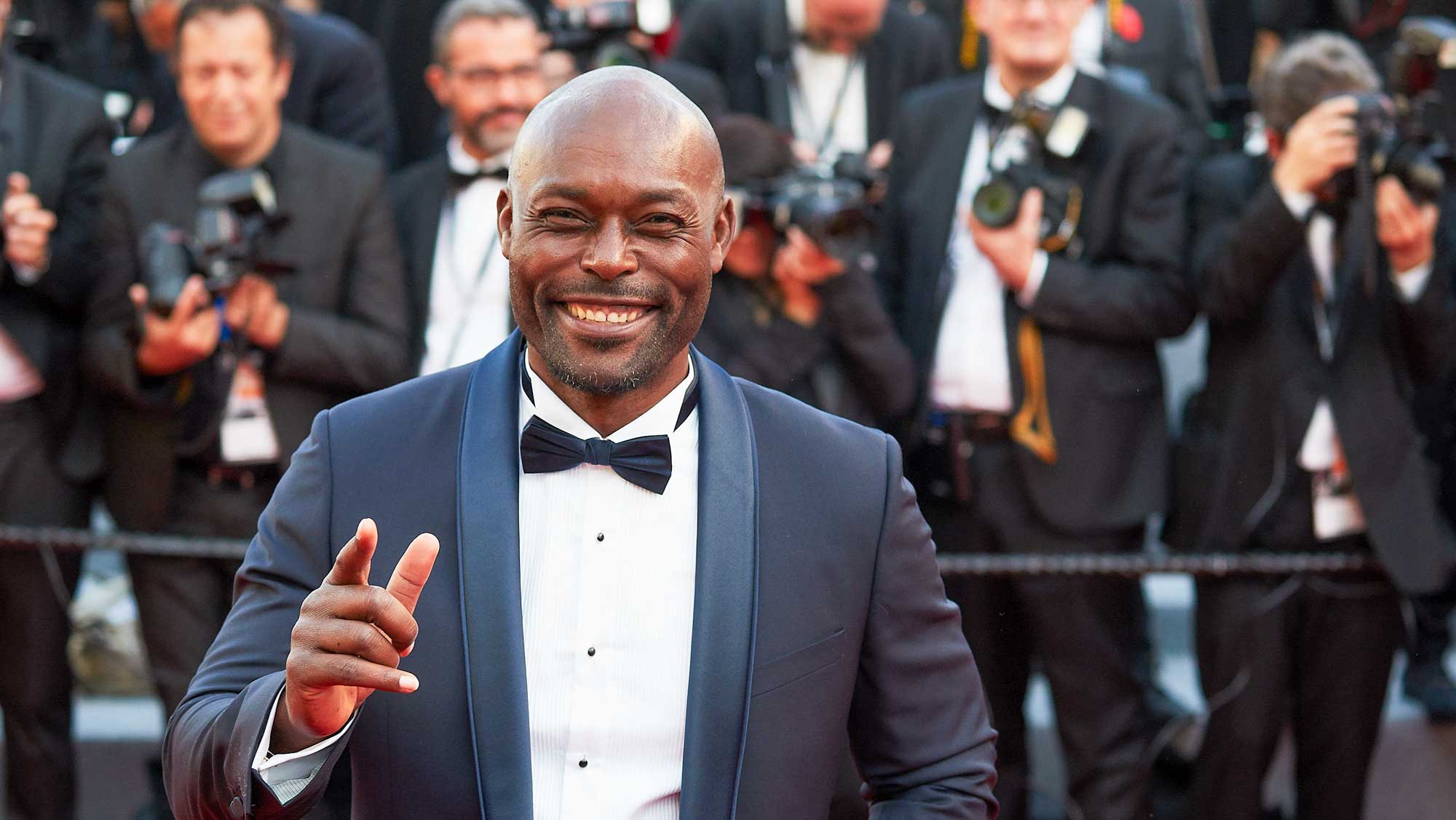
Photo: ITAR-TASS News Agency / Alamy Live News
Haitian Actor Jimmy Jean-Louis
“There is something people always say when they speak about Haiti and it’s the expression that it’s the Pearl of the Caribbean”
Jimmy Jean Louis is one of the most popular Haitian faces in international cinema. After starting as a dancer, spending time in musical theater, and modeling, he made his debut in Haitian films and soon transferred to the American scene, where he became a pride point for many of his fellow islanders watching him all the way back home.
Currently based in Los Angeles, Jimmy still maintains a deep, strong, and long-standing relationship with Haiti, visiting whenever he can, and cultivating his appreciation— and that of his peers —for all the island has to offer.
We spoke with the star of “Citation,” on Netflix, about his favorite things to do and places to see in Haiti.
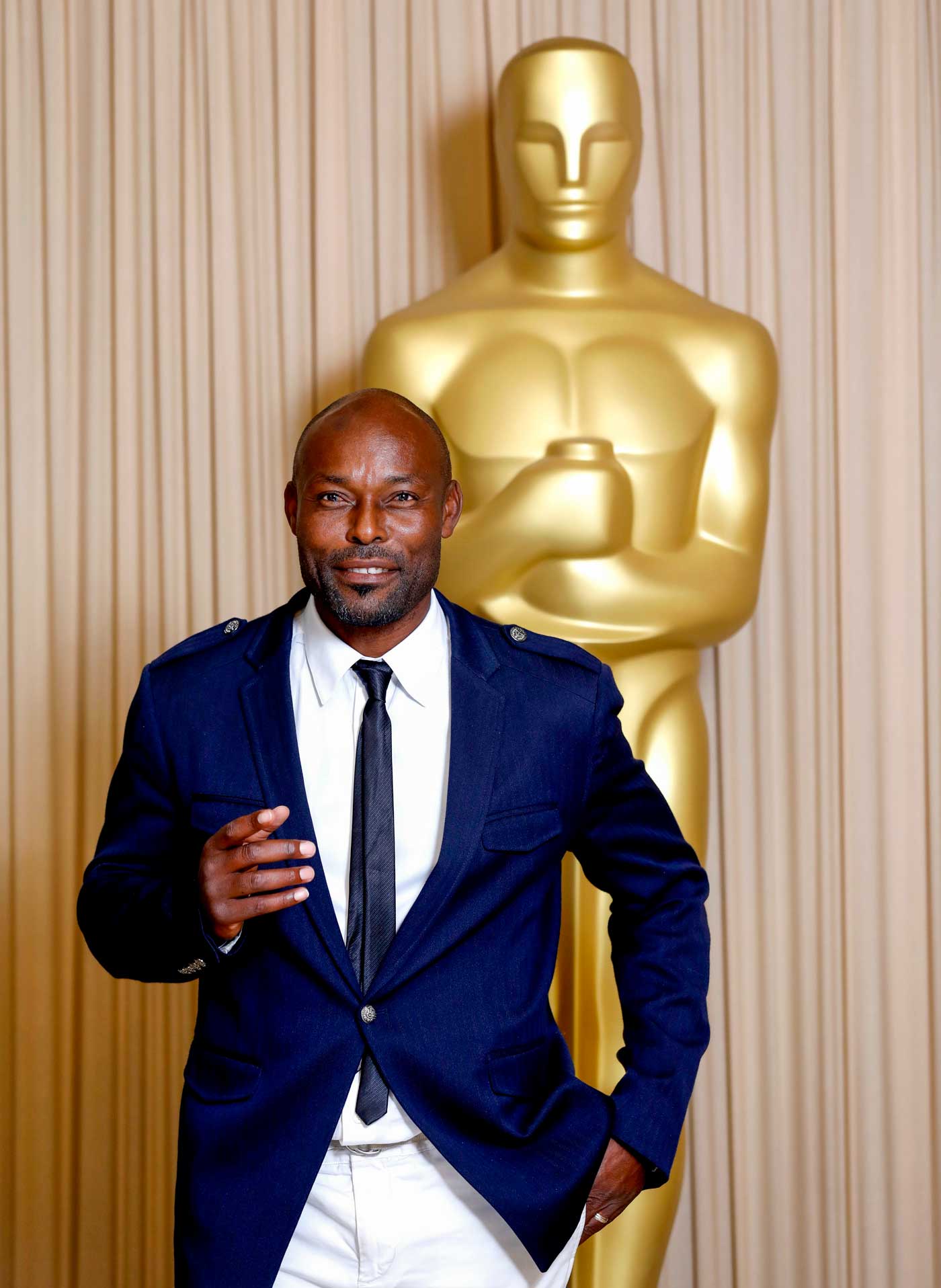
Photo: ITAR-TASS News Agency / Alamy Live News
When you take a trip to come to Haiti, where do you usually stay? In the capital or your hometown?
I try to do both because I grew up in Pétion-Ville — even though I am from Bainet — so I try to spend some time there, but I also try to make time to go to Jacmel. I really do enjoy Jacmel, more precisely, Kabik, and if I’m in Haiti for a long time, I can try to visit more places in the South, whether it’s Les Cayes— you know, all that part, but really, for me, it’s about Pétion-Ville and Jacmel.
If you were to visit Haiti with a friend who had never been before, and stay in Port-au-Prince for a couple of days, can you guide us through a few things you think your friend should absolutely see or do while they are there?
I’d definitely try to get there on a Thursday just to hit them hard with the RAM night, at Hotel Oloffson. So, after that, definitely take a nice drive throughout the city, because I think it’s so rich in color and life, it’s a must-do; take a ride up in the mountains, maybe have some food at the restaurant, L’Observatoire.
Definitely take a drive all the way to Kenscoff. I would probably stop for a drink, maybe by Hotel El Rancho, just to show them that side of Haiti, as well as stopping by one of the street vendors to buy something local, too. Maybe some griyo!
And if you were to guide them for a 2—3 day weekend in a province city of your choice, where would you take them and what would you do?
You know what, I would probably drive down to Ile a Vache, to Les Cayes. Spend one night at Ile a Vache. Then take them to Port Salut for the beach, and maybe, if I have time, go to Grottes Marie-Jeanne, because I think it’s spectacular.
On the way back from all that, I’d definitely take them to Jacmel for one day as well; so go through the streets of Jacmel, see the artisans, and have a good day at the beach, whether Timouyaj, Kabik, or Raymond-les-Bains.
Do you have a favorite beach?
Kabik in Cayes-Jacmel. But then again, you know, it depends on the time of the year. When the water is clear in Kabik, it’s wonderful. You can also have some food at that restaurant, just on the water, it’s a nice spot.
Do you have a favorite place in Port-au-Prince where you like to go for food?
That’s hard; it’s not necessarily for food. For example, the Oloffson Hotel is a good place once it’s happening, because I think it’s a good mix of all kinds of people, and it’s a good representation of the Haitian culture, right there, in one spot. Whether you are part of the bourgeoisie, a wealthy person, poor, you can find a place at the Oloffson. I like that about it.
Is there a specific time of year you prefer to come to Haiti?
The time between the end of one year and the beginning of another has the most pleasant climate; it’s less hot, you know? But otherwise, I don’t really have a preference; it’s true that July and August can be a little bit too hot, most of the time, but really, I don’t mind because I like Haiti in all seasons.
If you could give some recommendations to people who have not yet visited Haiti, or who have been here once but would like to come back, what would you tell them?
If the person isn’t at ease in the country, it’s going to be a little more delicate. I would recommend them to find someone they can trust, and follow the guidance of that person.
I go there and I get one of my cousins to be with me. It’s just to have a presence. And then from that presence, you can pretty much go anywhere because that person who is in Haiti knows how Haiti functions, so I just trust them.
I would highly recommend the North as well— meaning going to Cap-Haïtien, taking a day to go to La Citadelle, taking a day to go to Ile a Rat, or Labadie. You could also spend quite a nice weekend doing that, because you have all the historical locations and monuments that are in Cap-Haïtien.
The sights in the North are slightly different from other parts, and if I had to hit a restaurant in Cap-Haïtien, of course, it would be Lakay Restaurant. What’s nice with the North as well is that you have direct flights from outside of Haiti, which eases the transition.
If you could influence people’s idea of Haiti, what would you like to tell them?
To tell you the truth, there is something people always say when they speak about Haiti and it’s the expression that it’s the “Pearl of the Caribbean.” I love using that expression because what once was the Pearl of the Caribbean can become it once more; it all depends on how we approach the country. How do you get people to understand that what was, still is? What has been will always be, regardless of what is happening right now.
Haiti is still the only country and the first country that fought for and won its independence; meaning that it is the first Black republic in the Western hemisphere. That is extremely important, and nobody can ever take that away from Haiti. So that’s a good point of reference, if anyone wants to know about Haiti. They have to start there.
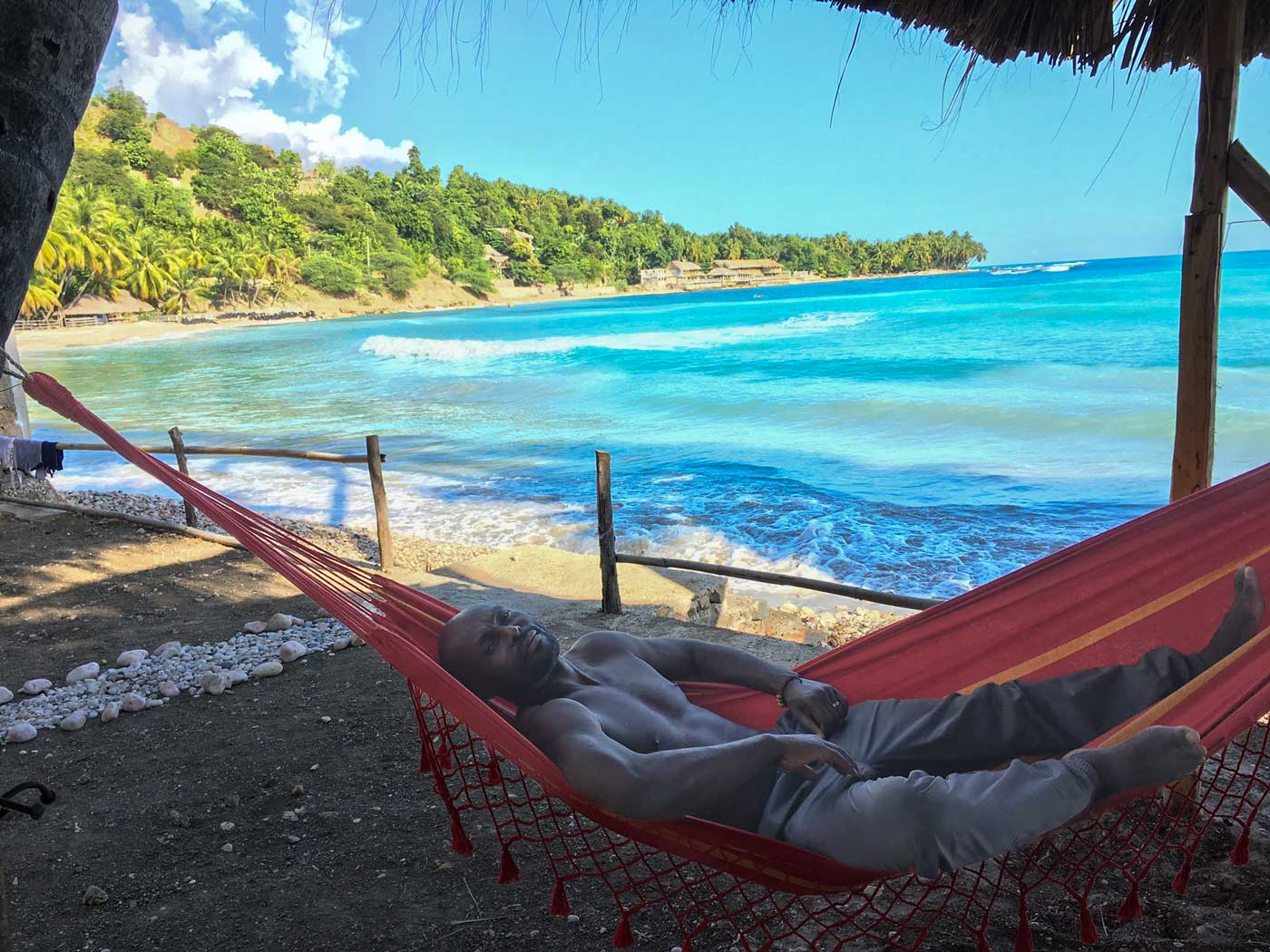
Photo: Jimmy Jean-Louis
Interview by Kelly Paulemon.
Published November 2021
Explore Haiti’s History & Heritage
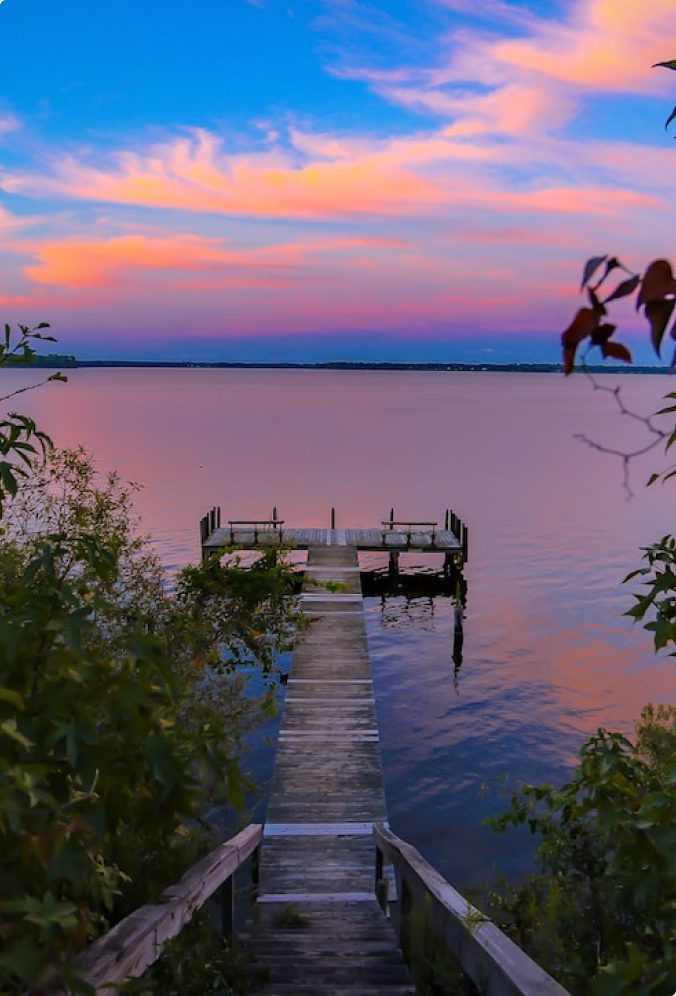
Paradise for your inbox
Your monthly ticket to Haiti awaits! Get first-hand travel tips, the latest news, and inspiring stories delivered straight to your inbox—no spam, just paradise.


